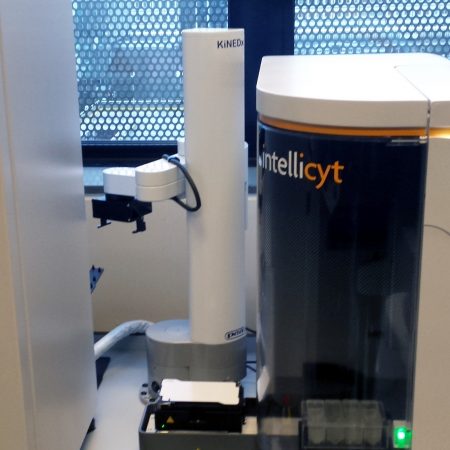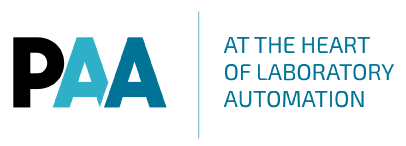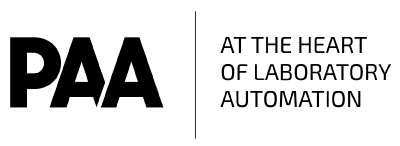High throughput screening with IntelliCyt’s iQue®
Effective laboratory automation enables you to make the most of your high throughput screening technology.
IntelliCyt’s iQue® and flagship iQue PLUS® screening platforms merge high throughput screening with high content flow cytometry. The iQue/iQue PLUS screener allows you to miniaturise your multiplexed cell and bead based secreted protein assays to a few microliters, conserving samples and reducing reagent costs.
Harmony™ is our automation package consisting of a touch screen user interface, laboratory automation software, BiNEDx or S-LAB plate handler, three plate stacks, de-lidding station and barcode reader.
Combining an iQue, or iQue PLUS, with Harmony enables you to use the high throughput screening system unattended 24 hours a day. Harmony also provides the benefits of sample tracking, error handling and an intuitive user interface, reducing training requirements to a bare minimum.
The iQue/iQue PLUS screener is ideal for laboratories with a need to screen suspension cells or beads to obtain rich multiplexed information about each cell, including secreted proteins. They excel for those screens where cells are precious or limited in number. As little as 1 µL can be taken from assay well volumes as small as 6 µL.

High Throughput Screening Applications
The iQue or iQue PLUS – Harmony is ideal for researchers delving into the complexities of the immune system
Taking full advantage of differential fluorescent labelling, the iQue/iQue PLUS simultaneously quantifies cellular parameters such as membrane integrity, annexin binding and caspase activation – even multiple cell types, such as PBMCs within the same well
Measure T-cell activation by proliferation, cytokine secretion and changes in subtype populations (immune-phenotyping) and in the same analysis, providing a deeper understanding of the biology
Measure cellular markers and secreted proteins simultaneously in the same well with MultiCyt QBeads®
Other applications
Antibody screening and characterisation
Cell killing assays
Secreted protein analysis
Cell health – apoptosis, cell cycle, proliferation, viability
Antibody screening and characterisation
In vitro toxicology including genotoxicity
Phenotypic screening
Combination therapy studies

